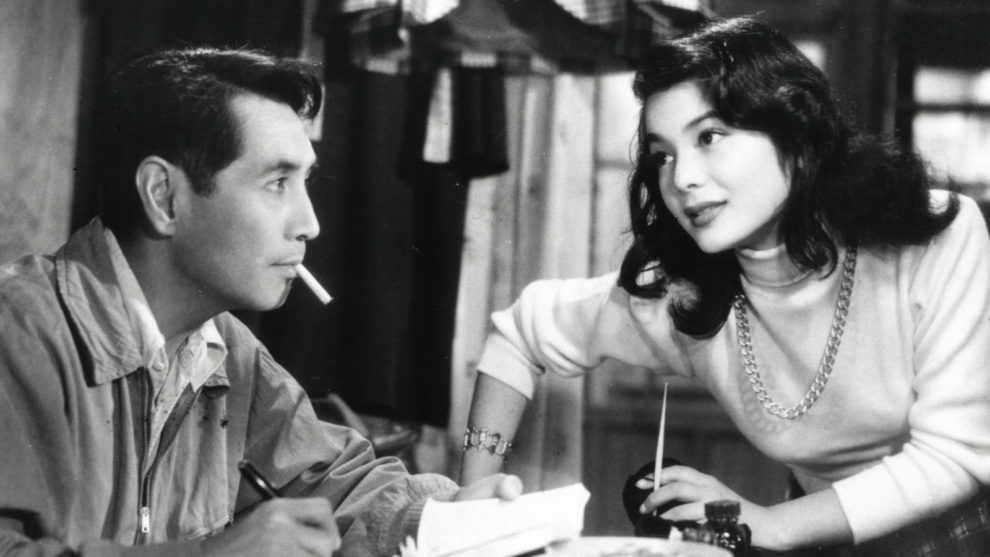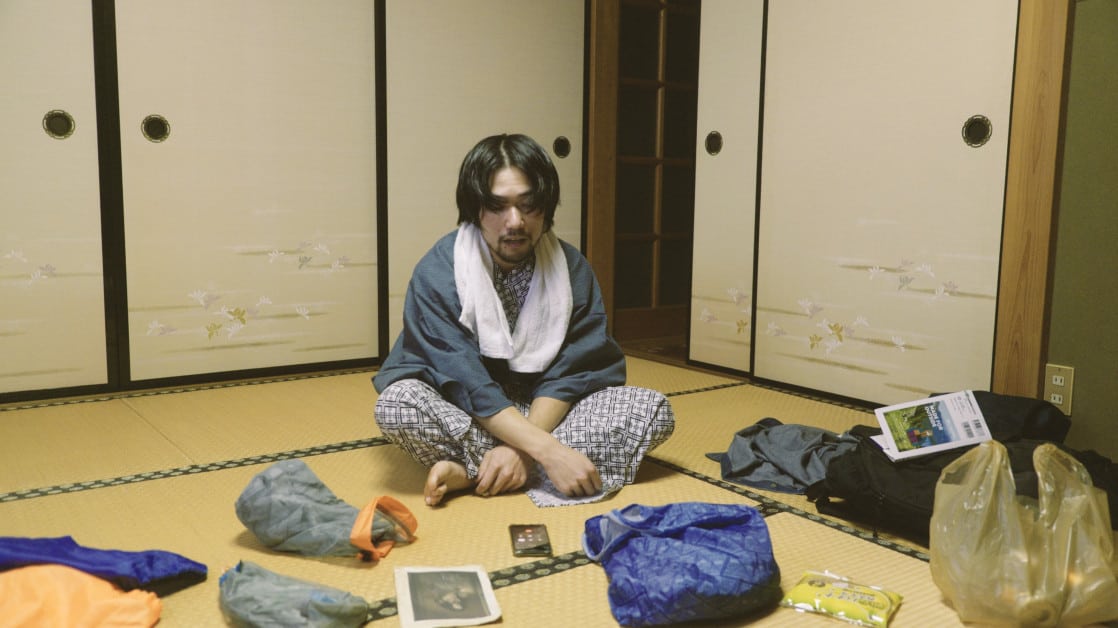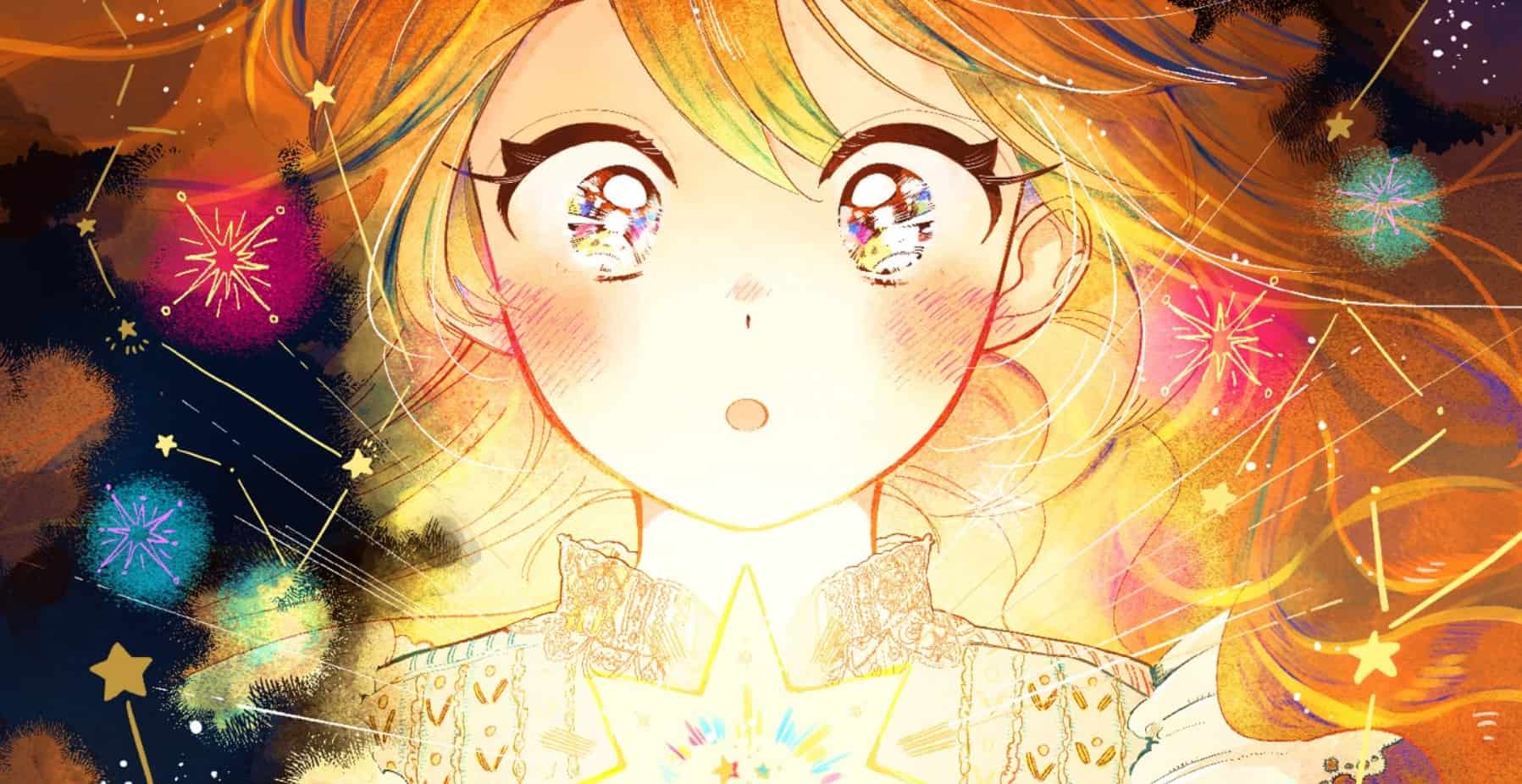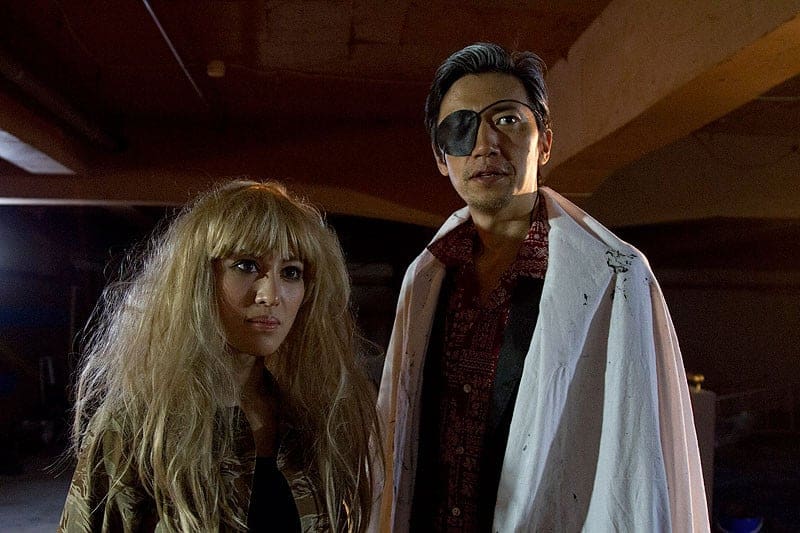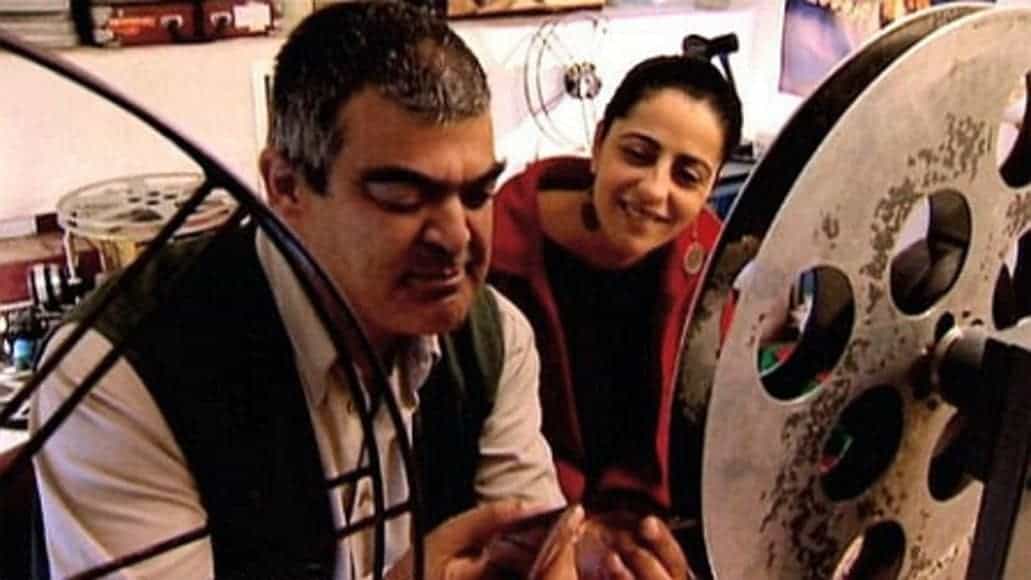After a successful career as an actress, starring in such features like “Oharu”. “Ugetsu” and “Sansho the Bailiff”, perhaps Kinuyo Tanaka thought she would receive support from Kenji Mizoguchi, the director whose work she had been a part of for so many years. However, when a recommendation from the Director's Guild came to hire her as a director, Mizoguchi was against it, marking the end of their collaboration, and the start of a new part in Tanaka's career, which would begin with her debut “Love Letter” entering the competition at the Cannes Film Festival in 1954. Within the context of Japan's post-war cinema, the story of two lovers who became separated during the war is quite special, telling a story from a perspective which is rarely seen, even nowadays.
“Love Letter” is screening at the 11th SDAFF Spring Showcase
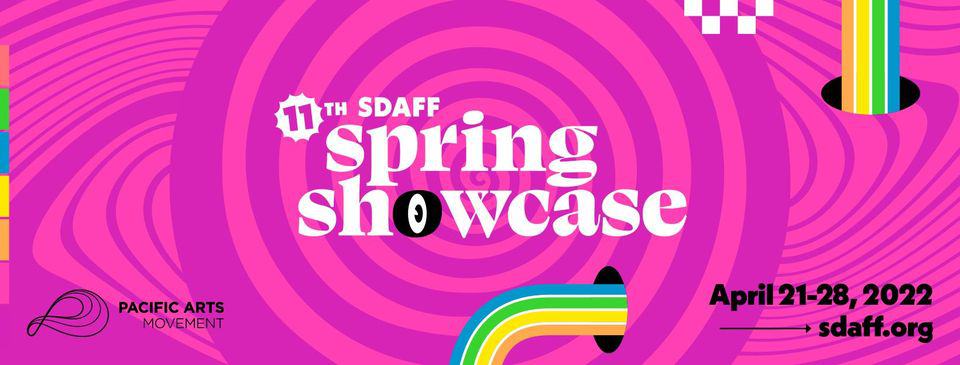
At the beginning of the feature, we meet Reikichi (Masayuki Mori), a former officer in the Japanese army, who has been living with his brother Hiroshi (Juzo Dosan) ever since the war ended. Even though he certainly does not lack intelligence, he finds himself unable to take up any job, besides the occasional translation due to his skills in English and French. Apart from doing the housework, he also often walks to the nearby train station, hoping to one day run into his former lover Michiko (Kinuyo Tanaka), as the two have become separated during the war. It is on one of those walks he encounters Yamaji (Jukichi Uno), an old friend of his, who takes him out on a drink and meal, and makes him a lucrative offer.
Although he is skeptical first, Reikichi eventually agrees to become his friend's partner as he is paid for writing love letters for Japanese women to their lovers overseas. To Yamaji it is clear, their lovers will not come back, and he finds himself trying to give advice to them, whereas Reikichi diligently does his job, writing one letter after the other while doing his best to cover his contempt for his customers. However, his world changes as he finally meets Michiko again, but their joy is short-lived when he finds out about how she survived during the war and after.
Similar to her other works as a director, Tanaka employs the conventions of genre, in this case the melodrama, to make an insightful observation which goes far beyond the borders of post-war Japan. Overall, the feature unfolds into two parts, with the first following the life of Reikichi and the other showing the two lovers reunited, albeit with their period of happiness cut short after a revelation about Michiko's past. Masayuki Mori plays this man, who is clearly suffering from the defeat he experienced, as he seems more comfortable within the confinements of his brother's apartment. Confronted by Hiroshi why he does the laundry inside the apartment rather than letting it dry outside, he evades by stating this way would be custom in Europe. Later on, when his hurt pride becomes apparent, we see him cling on to these ideals and concepts, not realizing they simply do not fit to the times anymore.
In the hands of Tanaka, the story of two lovers becomes not just a tale about a second chance or a reunion, but also about the possibility of moving on after the war. Throughout the story, we get to know something of a microcosm of the way people try to get by and make ends meet, with those who carry any reminder of Japan's defeat or the times of survival being essentially outcast, for example, the women Reikichi writes letters for. Through her view on Japanese society, Tanaka exposes aspects like hypocrisy and covering up the past, as especially the male characters are keen to start anew, with new businesses and by re-connecting to their old sets of values.
In conclusion, “Love Letter” is an emotional feature about post-war Japan, exposing a mindset which is fast to judge and forget the experience of surviving and getting by after the defeat. Kinuyo Tanaka aims to expose hypocrisy and emotional cruelty, making her feature debut an impressive show of talent.


